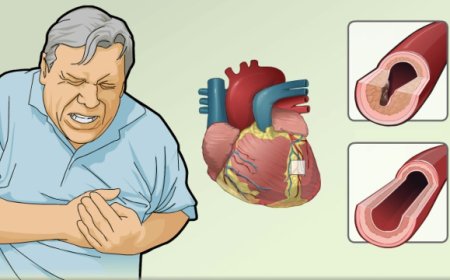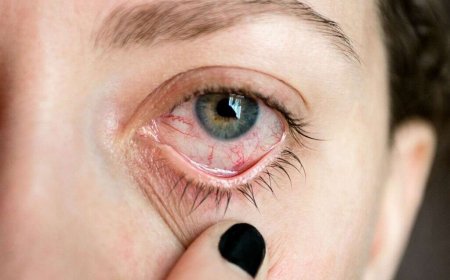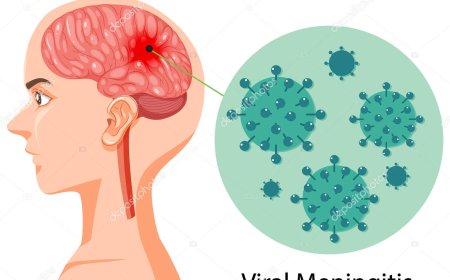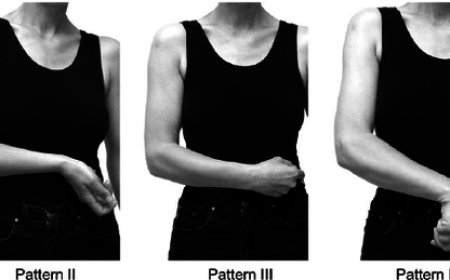WPW syndrome
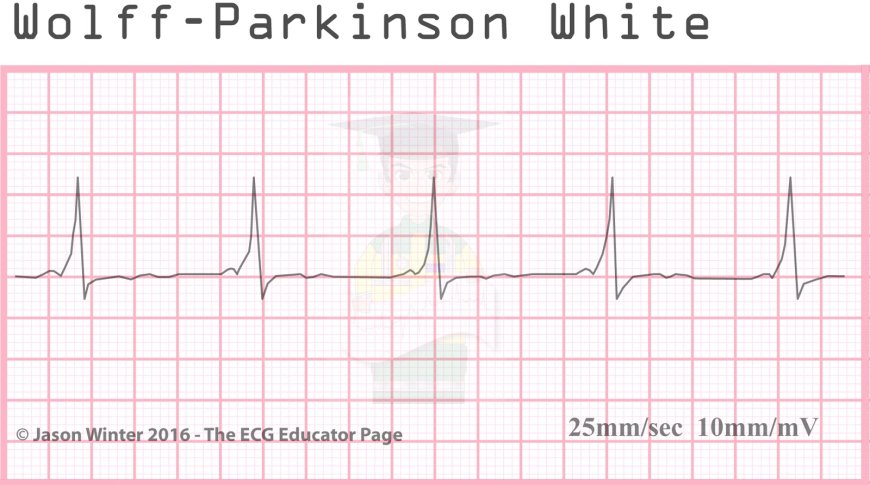
Introduction:
In India, just like in other parts of the world, many people suffer from heart conditions. One such condition is WPW syndrome, which stands for Wolff-Parkinson-White syndrome. This unique syndrome affects the electrical pathways in the heart, causing some individuals to experience rapid heartbeats and other symptoms. In this article, we will explore what WPW syndrome is, its signs and symptoms, how it is classified, its causes and triggers, risk factors with examples, the types of WPW syndrome, diagnostic tests and treatments, and finally, ways to prevent complications of WPW syndrome.
Sign and Symptoms:
WPW syndrome can present a variety of symptoms. These include:
- Rapid or irregular heartbeats (tachycardia)
- Palpitations (feeling of a racing or pounding heart)
- Shortness of breath
- Dizziness or lightheadedness
- Chest pain
- Fainting or syncope
What Is WPW Syndrome?
WPW syndrome is a heart condition where an extra electrical pathway exists in the heart, alongside the normal electrical system. This extra pathway creates an abnormal circuit, allowing electrical signals to loop back and cause rapid heartbeats or arrhythmias.
How Is WPW Syndrome Classified?
There are two main types of WPW syndrome:
- Type A: This is the most common type, where the extra pathway conducts the electrical signals in both directions, leading to rapid heartbeats.
- Type B: In this type, the extra pathway only conducts the electrical signals in one direction, which might result in a less severe form of tachycardia.
Causes and Triggers:
WPW syndrome occurs due to an abnormal development of the heart's electrical system before birth. However, the exact cause is often unknown. The syndrome can remain dormant and might not cause any symptoms until adolescence or early adulthood.
Triggers for WPW episodes may include excessive caffeine intake, stress, fever, or certain medications.
Risk Factors with Examples:
While WPW syndrome can affect anyone, some factors may increase the risk. For example:
- Congenital heart defects: Some children are born with heart abnormalities that may be linked to WPW syndrome.
- Family history: If a close family member has WPW syndrome, there may be an increased risk for other family members.
Types of WPW Syndrome:
As mentioned earlier, there are two main types of WPW syndrome, Type A and Type B, depending on how the electrical signals travel through the extra pathway. Type A is more common and tends to cause more significant symptoms.
Diagnostic Tests and Treatments:
a. Electrocardiogram (ECG): This simple test records the heart's electrical activity and can often detect WPW syndrome by showing characteristic patterns on the ECG.
b. Electrophysiology Study (EPS): In this test, thin, flexible wires are inserted through blood vessels to the heart to measure the electrical pathways. It helps doctors identify the specific location of the extra pathway and determine the best treatment approach.
c. Treatment: The main goal of treatment is to prevent and manage rapid heartbeats. Depending on the severity, treatment options may include medications, catheter ablation (a procedure to destroy the extra pathway), or a combination of both.
Complications of WPW Syndrome:
Without proper management, WPW syndrome can lead to severe complications such as heart failure, stroke, or fainting spells that could be dangerous.
Prevention Techniques:
While WPW syndrome cannot be prevented, there are ways to reduce the risk of complications:
- Regular check-ups with a cardiologist
- Avoiding triggers such as excessive caffeine or stress
- Taking prescribed medications as directed
WPW syndrome is a unique heart condition that affects the electrical pathways in the heart. Early diagnosis and proper management can help individuals lead a healthy life. By understanding its signs, symptoms, and possible treatments, children can become more aware of their heart health and take necessary precautions. Remember, a healthy lifestyle and regular check-ups are essential for a happy heart!
What's Your Reaction?
 Like
0
Like
0
 Dislike
0
Dislike
0
 Love
0
Love
0
 Funny
0
Funny
0
 Angry
0
Angry
0
 Sad
0
Sad
0
 Wow
0
Wow
0




























































